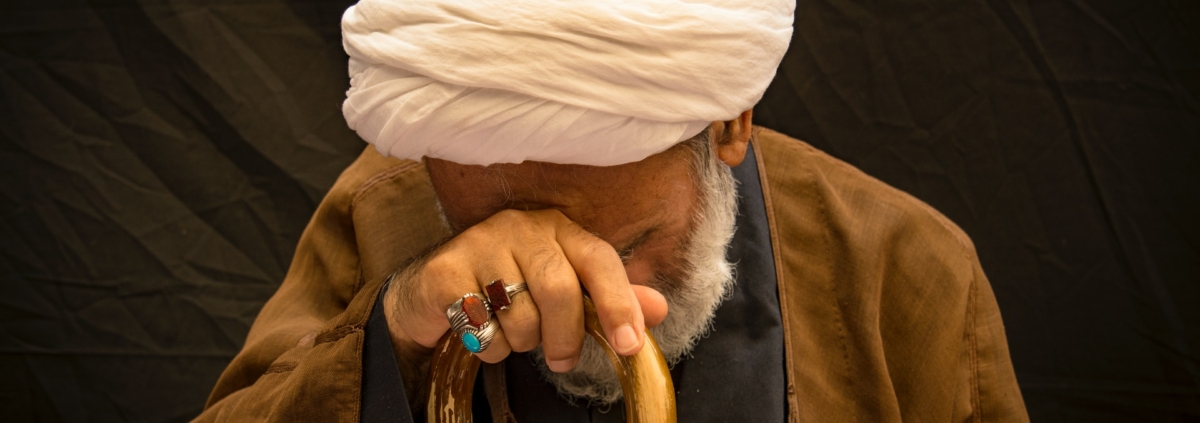Physical Wellness: Treatment and Planning
This is the sixth in a series of articles on physical wellness based on Abu Zayd al-Balkhi’s work. The full seminar can be accessed here: Physical Wellness Workshop: Balkhi’s The Health of Bodies and Souls.
Health is not just if you get sick, take medication. Protection is the basis of healing. A good regimen is the basis of healing, that is the preventative aspect.
Take care of your physical and emotional health. Take care of your environment, eating, and drinking.
Sunnas of Treatment
There are Sunnas of treatment. It is Sunna to take the means of treatment. What treatment you take is based on your judgment of what you have come to know that will most likely facilitate good and prevent harm.
In this, we benefit from human experiential wisdom whether it be from conventional medicine or alternative medicine. However, learn, find out, and educate yourself in this regard.
Rightful and purposeful planning is a constant theme in the text. Take the right means in the right way towards the right outcomes. The manifestation of purposeful planning is establishing consistent habits of good.
In a hadith related by al-Quda‘i and others the Prophet (Allah bless him and give him peace) said, “Right planning is half of good living.”
It has also come from the early Muslims that caution does not prevent destiny. We were sent here as a test. Our health and wellness is a test. Sickness is a test. All kinds of things are tests. Allah says:
وَبَشِّرِ ٱلصَّـٰبِرِینَ
“And give great glad tidings to the patient.” [Quran, 2:155; tr. Keller, Quran Beheld]
Planning is not related to excessive planning which is trying to control outcomes. You cannot control outcomes.
Routines and Consistency
In everything, consider the benefit and good and then plan how to pursue it in a manner that will procure the good. Build routines. Learn about the Sunnas related to consistency.
On building habits, consult “The Beginning of Guidance” by Imam Ghazali (available as a level one course at SeekersGuidance). One of the key things is that at the heart of the Sunna is consistent sustained routines.
There are a lot of modern things on atomic habits, tiny habits, how to build habits, the power of habit etc. These can be useful tools to help some people build habits. However, learn the Sunna of consistency and apply it to taking care of your health. Do this with intention, for the sake of Allah.
Your body is a trust and you will be asked about it. You have a debt of gratitude that you owe as well as an opportunity. The best of people are those whose lives are long and whose works are good. This reality should urge us to take care of our physical, emotional, social health, mental health, religious, and spiritual health.
Strive to achieve a good balance. Have purposeful planning in pursuit of benefit. Be proactive in pursuing benefit. Establish good routines in each of the above-mentioned areas and hold on to them consistently but not excessively. In all of them, have the intention that it is for the sake of Allah.
